The Alabama House made an historic move Tuesday evening towards a state apology to Recy Taylor, 91, who was gang raped by 7 white men in Abbeville, Ala., in 1944. The AP reports:
The House on Tuesday approved by an apparent unanimous voice vote a resolution that expresses “deepest sympathies and solemn regrets” to Recy Taylor….
Her 74-year-old brother, Robert Corbitt, who still lives in Abbeville, said he was happy his sister was finally going to get what she wanted — an apology.
The strongly worded resolution said the failure of Alabama law enforcement and the court system to prosecute the crimes “was, and is “morally abhorrent and repugnant.”
It was introduced by freshman Rep. Dexter Grimsley, D-Newville. It now goes to the Senate, where Democratic Sen. Billy Beasley, D-Clayton, who also represents Abbeville, said he expects it to pass.
“The most important thing is to say we are sorry and we hope you are doing well. … It’s important we move on in Alabama,” Beasley said.
Grimsley’s resolution was spurred by revelations of Taylor’s story by Danielle McGuire in her book “At Dark End of the Street: Black Women, Rape and Resistance,” published last fall, and by a Change.org petition to Alabama officials, launched in February after The Root’s Cynthia Gordy reported that Taylor, now living in Florida, and her brother wanted the state of Alabama and the city Abbeville to apologize for officials’ inaction and obstruction of justice. After Colorlines broke the news earlier this month that Grimsley was planning to introduce a resolution, signatures skyrocketed on the petition. Grimsley, Abbeville Mayor Ryan Blalock and other local officials held a press conference, where they made personal apologies to Taylor and declared that formal apologies were on the way.
Taylor’s case has for decades lingered as an icon of the sexual violence black women suffered from white men in the South. At the time, her case became a rallying point for a movement to end impunity for that violence. Today, federal law enforcement officials have reopened dozens of civil rights era murders, but have not revisited the rapes and sexual assaults that went un-prosecuted.
Grimsley’s resolution reads in part (scroll down for full text):
WHEREAS, this deplorable lack of justice remains a shame for all Alabamians; now therefore,
BE IT RESOLVED BY THE LEGISLATURE OF ALABAMA, BOTH HOUSES THEREOF CONCURRING, That we acknowledge the lack of prosecution for crimes committed against Recy Taylor by the government of the State of Alabama, that we declare such failure to act was, and is, morally abhorrent and repugnant, and that we do hereby express profound regret for the role played by the government of the State of Alabama in failing to prosecute the crimes.
BE IT FURTHER RESOLVED, That we express our deepest sympathies and solemn regrets to Recy Taylor and her family and friends.
Grimsley “now vows to take the official House resolution to her Florida doorstep,” according to Change.org’s Alex DiBranco.
“I’m excited for the family,” Grimsley told Change.org following the vote. “I’m excited that I could have the resolution introduced and at least get it through the House, that I had the opportunity to do something for a resident of my district and a former resident of my district.”
“It’s not ‘justice,’ but a big step and all she’s asked for,” The Root’s Gordy tweeted this morning. I concur—though it’s not quite all Recy Taylor has asked for. There is still no news regarding an official apology from the city of Abbeville or from Henry County.
*This article has been altered since publication.
FULL TEXT OF HOUSE RESOLUTION (download as PDF)
EXPRESSING REGRET FOR THE STATE OF ALABAMA’S INVOLVEMENT IN THE FAILURE TO PROSECUTE CRIMES COMMITTED AGAINST RECY TAYLOR.
WHEREAS, on September 3, 1944, in the small Town of Abbeville, Alabama, Recy Taylor, a young Black mother was walking home from church with her companions when she was confronted by a car of seven white men; the men forced Ms. Taylor into the car at knife and gunpoint, drove off, and six of the seven men brutally raped her in a deserted grove of pine trees; and
WHEREAS, Taylor’s younger brother, Robert Corbitt, of Abbeville, said he remembers the day his sister was raped 67 years ago like it was yesterday, saying the police tried to blame his sister, and the family was harassed so that he was not allowed to play in the front yard; and
WHEREAS, an all white, all male grand jury failed to bring any charges for indictment; and then Governor Chauncey Sparks ordered a second investigation, and the grand jury again failed to indict; and
WHEREAS, the case got the attention of NAACP activist Rosa Parks, who interviewed Taylor in 1944 in Abbeville and later recruited other activists to create the “Alabama Committee for Equal Justice for Mrs. Recy Taylor”; and
WHEREAS, in an interview last year with the AP, Recy Taylor, who now resides in Florida, said she eventually gave up trying to bring charges against the men; and
WHEREAS, this deplorable lack of justice remains a source of shame for all Alabamians; now therefore,
BE IT RESOLVED BY THE LEGISLATURE OF ALABAMA, BOTH HOUSES THEREOF CONCURRING, That we acknowledge the lack of prosecution for crimes committed against Recy Taylor by the government of the State of Alabama, that we declare such failure to act was, and is, morally abhorrent and repugnant, and that we do hereby express profound regret for the role played by the government of the State of Alabama in failing to prosecute the crimes.
BE IT FURTHER RESOLVED, That we express our deepest sympathies and solemn regrets to Recy Taylor and her family and friends.
BE IT FURTHER RESOLVED, That it is the specific intent of the Legislature that reparations shall not be considered or made regarding past actions of the government of the State of Alabama concerning the lack of prosecution of the crimes committed against Recy Taylor, and that this resolution shall not be used or construed in any manner whatsoever as support for such reparations.
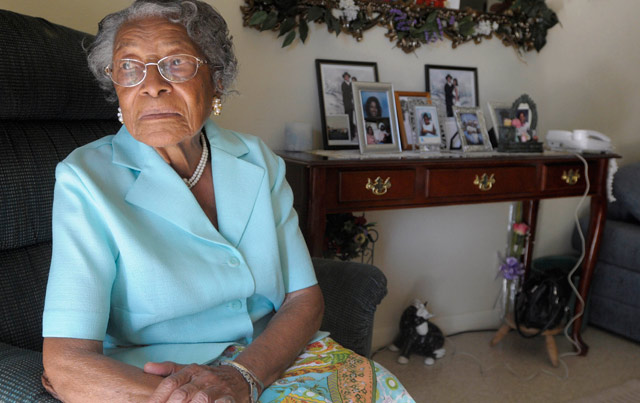
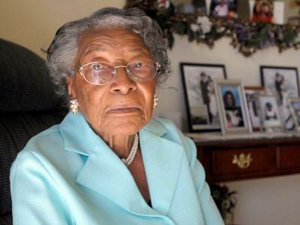
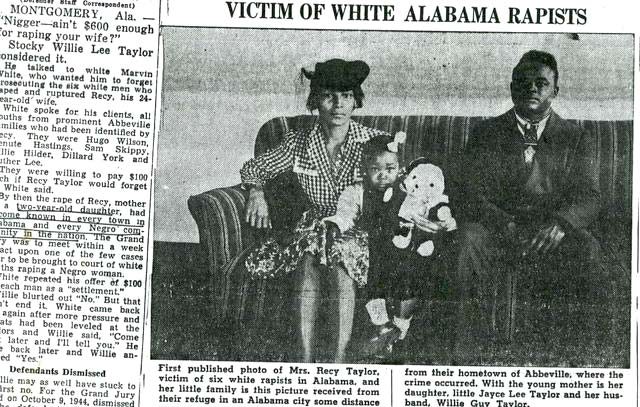

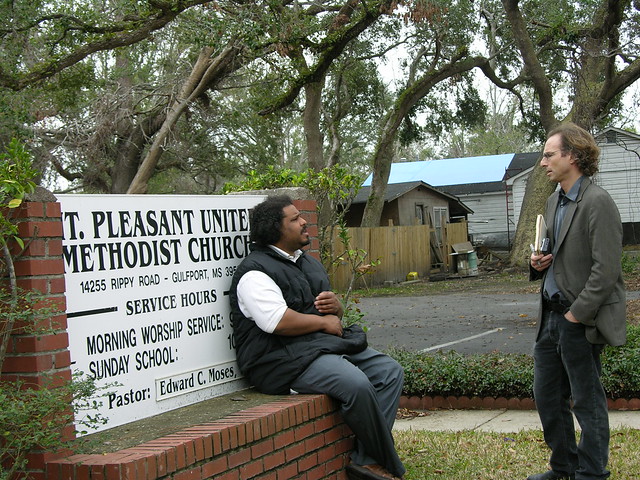
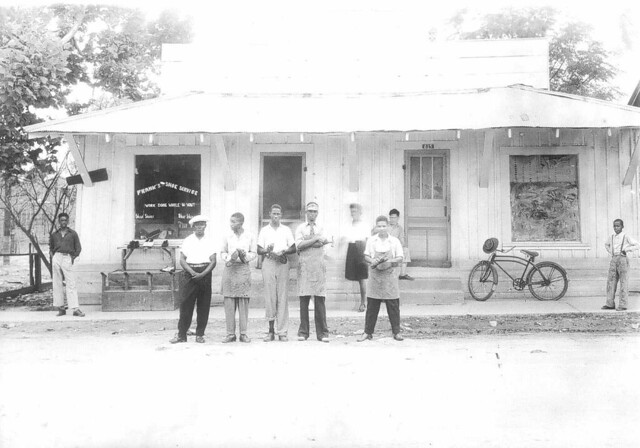
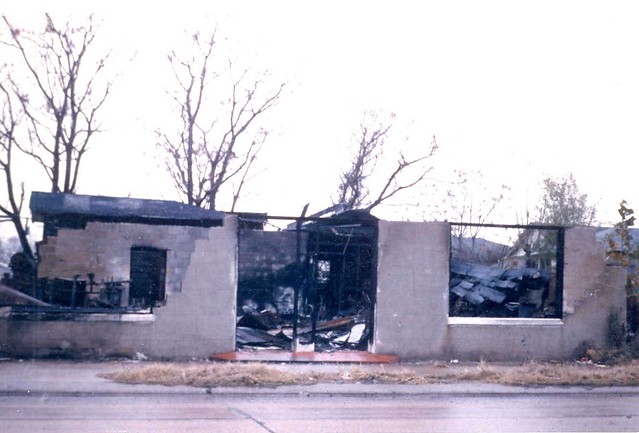


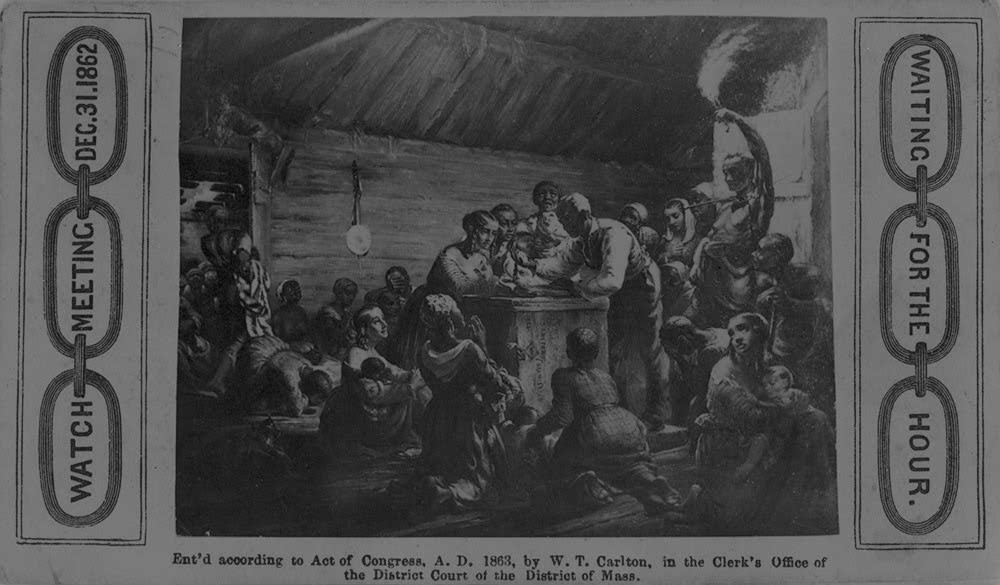








Recent Comments